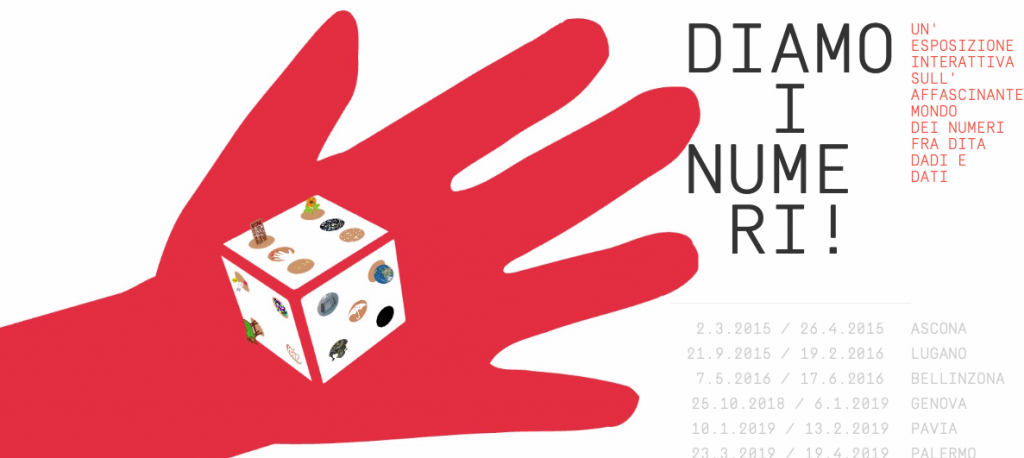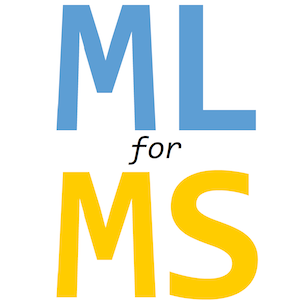Day 1 – Monday 06 May 2019
14:00 – 15:20 Exploring the materials space via regularized and symbolic regression
Luca Ghiringhelli (Fritz Haber Institute, Germany) [pdf]
16:00 – 17:20 Development of efficient and accurate artificial neural network potentials for the simulation of complex materials
Nongnuch Artrith (Columbia University, United States) [pdf]
Day 2 – Tuesday 07 May 2019
09:00 – 10:20 Hands on tutorial part 1: materials descriptors
Filippo Federici Canova (Nanolayers Research Computing Ltd, Finland)
11:00 – 12:40 Hands on tutorial part 2: unsupervised learning
Filippo Federici Canova (Nanolayers Research Computing Ltd, Finland)
13:40 – 15:20 Hands on tutorial part 3: neural networks
Filippo Federici Canova (Nanolayers Research Computing Ltd, Finland)
15:40 – 17:20 Hands on tutorial part 4: ridge regression techniques
Filippo Federici Canova (Nanolayers Research Computing Ltd, Finland)
Day 3 – Wednesday 07 May 2019
09:00 – 10:20 Machine-learning – more than potentials
Michele Ceriotti (Ecole Polytechnique Fédérale de Lausanne, Switzerland) [pdf]
11:00 – 12:20 Gaussian processes for forcefields
Aldo Glielmo & Claudio Zeni (King’s College London) [pdf]
13:40 – 14:00 RXN for Chemistry: Predicting Chemical Reactions using the Molecular Transformer
Philippe Schwaller (IBM Zurich Research Laboratory, Switzerland) [pdf]
14:00 – 14:20 PowerAI/Watson Machine Learning (WML) Accelerator – infrastructure for open source -based scalable and productive deep learning
Jukka Remes (Watson Health Imaging & PowerAI at IBM, Finland) [pdf]
14:20 – 15:00 Approximate Bayesian Computation to calibrate force-fields
Antonietta Mira (Universitá della Svizzera Italiana, Switzerland) [pdf].
….(∩`-´)⊃━☆゚.*・。゚Learn about Antonietta’s work on mathematical magic.
15:00 – 15:20 Locating favorable point defects in silicon using active learning
Michael Sluydts (Ghent University, Belgium) [pdf]
15:40 – 16:00 Getting the Most out of Data: Smart-Data Machine-Learning for Surface Structure Search
Lukas Hörmann (Technische Universität Graz, Austria) [pdf]
16:00 – 16:20 Detecting Stable Surface Adsorbates with Bayesian Optimization
Jari Järvi (Aalto University, Finland) [pdf]
16:20 – 16:40 An overview of the goals and achieved progress in the MachQu project
Teemu Roos (University of Helsinki, Finland) [pdf]
Day 4 – Thursday 08 May 2019
09:00 – 09:40 Deep latent variable models for exploring the chemical space
Volker Roth (University of Basel, Switzerland) [pdf]
09:40 – 10:00 Automated Structure Discovery in Atomic Force Microscopy
Niko Oinonen (Aalto University, Finland) [pdf]
10:00 – 11:00 Panel discussion session: Antonietta Mira, Volker Roth and Teemu Roos
moderator Patrick Rinke (Aalto University, Finland)
11:00 – 11:20 JARVIS-ML: Physics inspired AI for fast and accurate screening of materials
Kamal Choudhary (National Institute of Standards and Technology, USA) [pdf]
11:20 – 11:40 Molecular clusters: configurational sampling and global minimum search
Jakub Kubečka (INAR, University of Helsinki, Finland) [pdf]
11:40 – 12:20 Coarse-graining atomistic simulations with deep autoencoders
Rafael Gomez-Bombarelli (Massachusetts Institute of Technology, USA) [pdf]
13:40 – 14:00 Towards autonomous driving with deep learning
Timo Roman (NVIDIA, Helsinki, Finland)
14:00 – 14:20 Combining machine learning and reasoning tasks
Harri Valpola (Curious AI) [pdf]
14:20 – 15:00 Predicting material properties without knowing where the atoms are
Karsten W. Jacobsen (Technical University of Denmark, Denmark) [pdf]
15:00 – 15:20 Ellipsoids as a coordination descriptor
James Cumby (University of Edinburgh, UK) [pdf]
16:00 – 16:20 Machine Learning Many-Body Models
James Nelson (Trinity College Dublin, Ireland) [pdf]
16:20 – 16:40 Machine learning the exchange-correlation functional of DFT: a Jacob’s elevator through modern neural networks architecture
Jonathan Schmidt (Martin-Luther-Universität, Germany) [pdf]
16:40 – 17:20 Machine-learning material properties with electronic-structure based descriptors
Thomas Hammerschmidt (University Bochum, Germany)
Day 5 – Friday 09 May 2019
09:00 – 09:20 Clustering by the local intrinsic dimension
Michele Allegra (Institut de Neurosciences de la Timone, France) [pdf]
09:20 – 09:40 Machine learning molecular kinetics and coarse-grained molecular dynamics forcefields
Simon Olsson (Freie Universität Berlin, Germany) [pdf]
09:40 – 10:00 Deep Neural Network to guide the Coarse-Grained Molecular Dynamics parameterization
Teo Lombardo (Laboratoire de Réactivité et Chimie des Solides, France)
10:00 – 11:00 Panel discussion session: Rafael Gomez-Bombarelli, Karsten W. Jacobsen, Olexandr Isayev
moderator Kevin Rossi (Ecole Polytechnique Fédérale de Lausanne, Switzerland)
11:00 – 11:20 General description of covalent bonds with machine-learning potentials
Alessandro Lunghi (Trinity College Dublin, Ireland) [pdf]
11:20 – 11:40 PANNA – Properties from Artificial Neural Network Architectures
Franco Pellegrini (Scuola Internazionale Superiore di Studi Avanzati, Italy) [pdf]
11:40 – 12:20 Neural networks learning quantum chemistry
Olexandr Isayev (University of North Carolina at Chapel Hill, USA) [pdf]
Mathematical Magic


